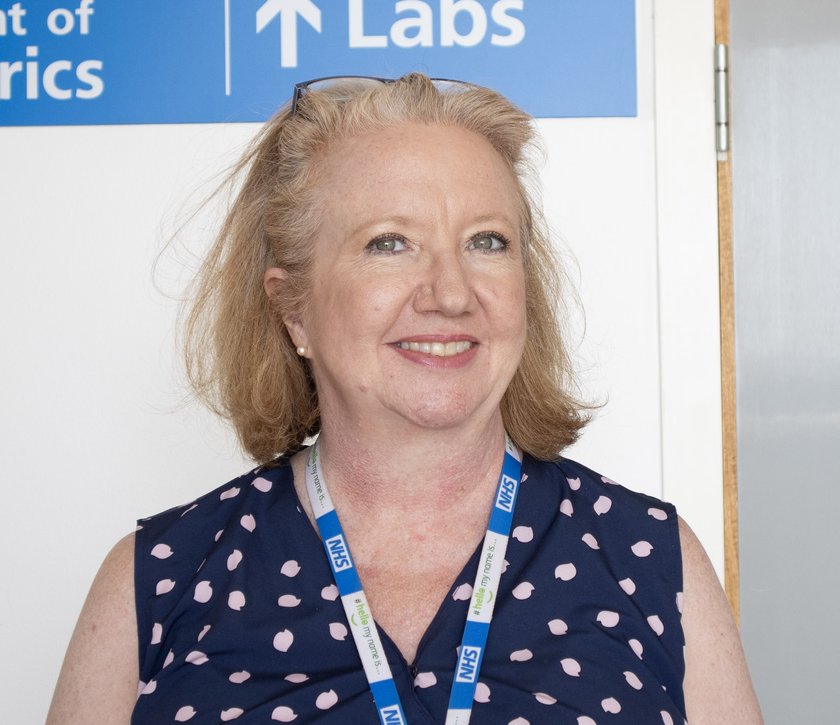A new collaborative study could help researchers and clinicians in Cambridge, Newcastle and Colchester to unravel a genetic cause of cerebral palsy (CP) in up to one third of patients.
Known as The NeuralNET Cerebral Palsy Pilot Study – it aims to identify variations in certain genes that can lead to CP, potentially paving the way for more effective clinical management. Variants in almost 200 genes – both dominant and recessive – have been shown to contribute to the condition so far.
Clinicians from the three sites are recruiting 66 children with CP into a pilot study to determine whether they carry CP-associated gene variants. Patients and their biological parents will be offered whole genome sequencing (WGS) to identify any tiny changes across the entirety of their DNA. Families will also be asked what they think about the testing and how it has affected them.
Researchers in other countries have already identified a clinical need for genetic testing for CP. “We also need to make sure that this type of testing is something that families actually want,’ explained Dr Heather Pierce, Genetic Counsellor in the University of Cambridge’s Department of Paediatrics.

This is the first feasibility study of rapid whole-genome sequencing in NHS Paediatric clinics. It could help to establish a pathway for this type of testing in the paediatric population within a timeframe that will be helpful for early interventions.
Dr Heather Pierce, Genetic Counsellor in the University of Cambridge’s Department of Paediatrics
Project Chief Investigator Professor David Rowitch at the University of Cambridge added: ‘We are very excited to be collaborating with our colleagues in Cambridge, Newcastle, and Colchester and are looking forward to a better understanding of some of the mechanisms involved in cerebral palsy.’

